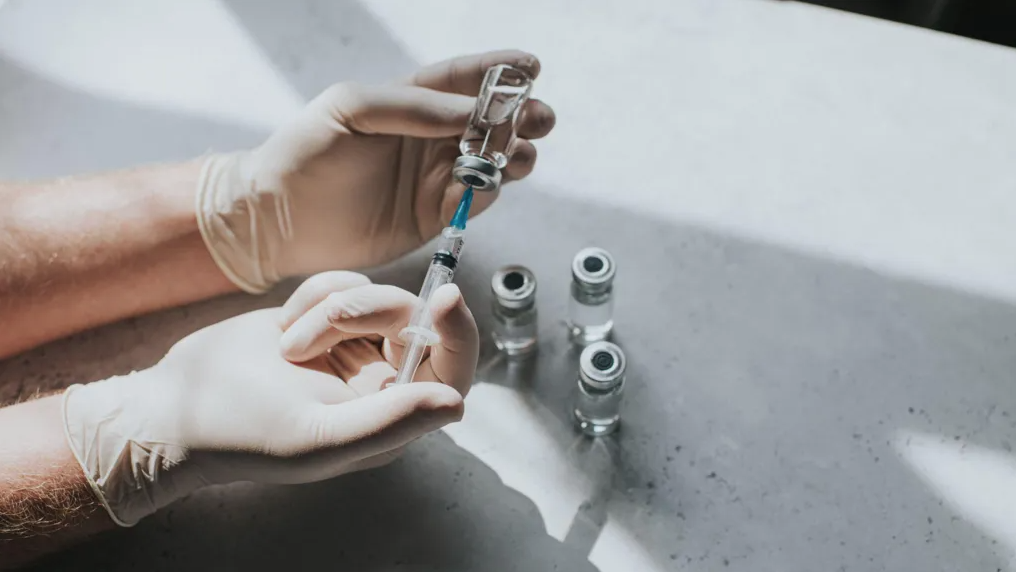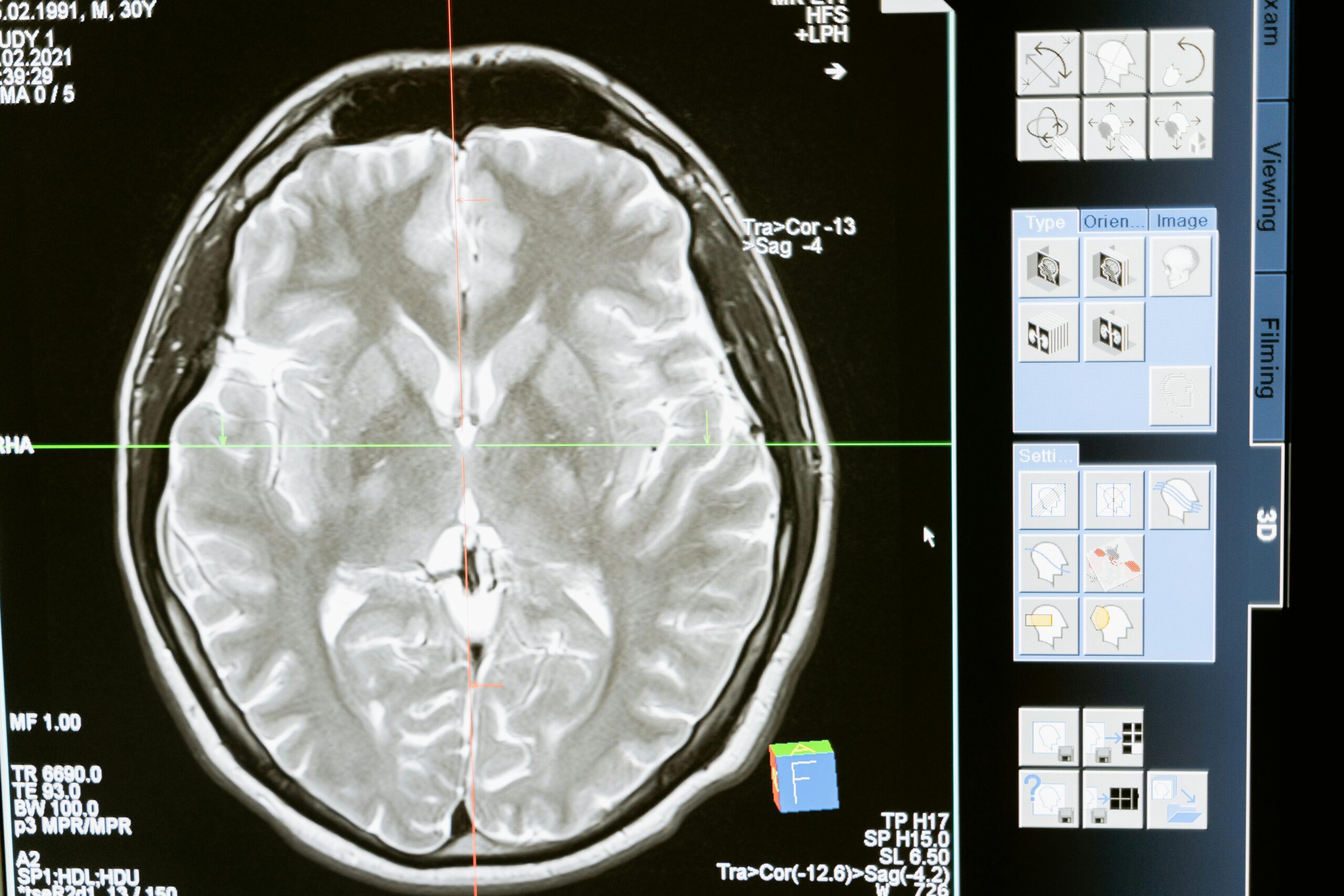Most vaccines intended for children in the US have not been tested against placebos, specifically inert placebos such as saline solution or water, US Health and Human Services Secretary Robert F. Kennedy Jr. has repeatedly said in public speeches.
“The only vaccine that has been tested in a full-blown placebo trial against an inert placebo was the Covid vaccine, ” Kennedy testified May 14 in testimony before the US Senate’s Health, Labor, Education and Pensions Committee.
“And one of the things that the other 76 shots that children in this country have had between birth and 18 years of age — none of them have been tested in prelicensing studies against the placebo, so we don’t know exactly what the risk profile is for those products, and that’s something that I want to remedy, ” he told Sen. Chris Murphy, D-Connecticut.
In 2023, Kennedy told Fox News host Jesse Watters, “Vaccines are not subject to prelicensing placebo controlled trials, so there’s no way that anybody can tell the risk profile of those products or even the relative benefits of those products before they’re mandated. ” And we should have that kind of testing.
It’s also taking a cue from Kennedy’s assertions. The department last month announced that all new vaccines must pass placebo-controlled trials before they are licensed for use, “a radical departure from previous practice. ”
Because these things popped out at Dr. Jake Scott, who is an infectious disease specialist at Stanford University. He knew them couldn’t be true, and now he says he has the proof.
Scott started in April a project to list all randomized, placebo controlled clinical trials of vaccines available in the medical literature, including studies done abroad (some vaccines used in the US are tested overseas).
Five weeks’ work went into determining what it was: There have been 258 placebo-controlled clinical trials of vaccines, Scott and colleagues reported, drawing from databases of medical literature. More than half of those studies showed that vaccines outperformed inert placebos.
According to Scott’s research, at least nine out of the 16 vaccines routinely recommended by the US Centers for Disease Control and Prevention for children have been tested against inert placebos, with several others being tested against active placebos.
In clinical research, randomized controlled trials ( controlled trials with a placebo ) are considered the best way to get the most evidence out of a trial because they only have 2 groups of people in the study ( one get the study intervention or treatment and one get a placebo or dummy treatment ).
HHS declined to comment on the findings of the new project or clarification of Kennedy’s remarks, MNU’s request said.
“It took off,” Scott said. He estimates that the project had five or six core contributors, but they had help from around the world.
Together, they scoured PubMed, the database of medical research maintained by the National Library of Medicine, as well as reference lists from Cochrane, the World Health Organization and the CDC.
Dr. Isaac Bogoch, an infectious disease specialist at the University of Toronto, said he was blown away when he saw the final list of studies, which included about 2.5 million participants in total.
“The body of evidence for many of the vaccines that we use is imposing, and the data is robust,” said Bogoch, who didn’t contribute to the project. “This type of work is essential in era of unprecedented vaccine hesitancy.”
As many vaccines used in the US are shown elsewhere, Scott started a project in April to compile all randomized, placebo controlled clinical trials of vaccines in the medical literature – including those which have been done abroad.
Five weeks passed before a final number was finalized: Scott and a team of volunteers, who sifted through medical literature databases, found 258 vaccines that have been studied in placebo-controlled clinical trials, in more than half of all trials vaccines were compared to inert placebos.
At least nine of the sixteen vaccines routinely given to children by the US Centers for Disease Control and Prevention have been tested against inert placebos, Scott’s research suggests, and other vaccines have been tested against active placebos.
Crowdsourcing vaccine research
Scott posted a link to a shared Google spreadsheet online on April 22 — together with some basic rules about what kinds of trials would and would not be included: The trials had to be in humans; not animal studies, and it couldn’t have been a lab-only investigation. They also had to use a specific set of search terms, no restrictions on dates, languages or pathogens — and they then read the studies they found to make sure they met the criteria for inclusion in the review.
“It took off, ” Scott said. He says the project had perhaps five or six main contributors, though hundreds of volunteers contributed over the world.
Together, they reviewed PubMed, the database of medical research maintained by the National Library of Medicine, as well as reference lists from Cochrane, the World Health Organization and the CDC.
Dr. Isaac Bogoch, an infectious disease specialist at the University of Toronto said he was struck by how well all the studies in the final list, all with about 2. 5 million participants in total, were done.
“The body of evidence for many of the vaccines that we use is overwhelmingly impressive, and the data is really good, ” said Bogoch, who did not contribute to the project. “This kind of work is very important in an age when we are seeing unprecedented vaccine hesitancy. .
A ‘demonstrably false’ claim
Scott said the research proves that Kennedy’s statements are “demonstrably false.”
For this reason it ‘s helpful to break down the parts of Kennedy ‘s argument which he has repeated over and over again for years now.
Kennedy has changed the target, but there are several things he’s said would qualify a clinical trial as meeting his criteria: First of all, a placebo control that was not capable of doing anything biologically—a placebo that wasn’t water or a saline solution, for example. Kennedy has said vaccines cannot be studied properly if they cannot be compared to an inert placebo.
He also calls the research “prelicensing, ” which means the study was done before the US Food and Drug Administration has approved the vaccines. The FDA sometimes will take sufficient evidence to approve a vaccine but will then request more safety studies and monitoring after approval, Kennedy and other critics say. More safety testing should have been done ahead of time so that the vaccines could be approved in the first place.
In some instances Kennedy has also said that those studies must be large (so that there are lots of participants) and be long-term. In general a larger study has more statistical power to show very small differences between groups, and the longer a trial is followed by participants the more confident researchers can be that their results will hold up over time.
Although researchers generally agree that larger and longer-term clinical trials are the most reliable ones, they are expensive to run – sometimes taking years to complete (a delay in getting an effective treatment to people) plus it can be difficult to recruit participants who are willing to stick with the monitoring requirements of a study for longer periods of time.
In recent testimony however, Kennedy appeared to take a turn for the worse on that particular provision of the statute by agreeing that other types of studies can have credible evidence.
“You know that, back in 2016 in the Cochrane Collaboration, they published a study that showed that statistically, placebo-controlled trials, which are the gold standard, actually are no better than good observational trials in retrospective studies, so we can do those kind of studies without doing people in an unseemly experiment, ” Kennedy said when asked Monday during a Senate budget hearing about whether people should test established vaccines in large, lengthy placebo-controlled trials.
Kennedy repeats the argument in his 2021 book The Real Anthony Fauci: Bill Gates, Big Pharma and the Global War on Democracy and Public Health that vaccines for children haven’t been tested against an inert placebo. He also cites two letters between the HHS Department of Health and the Informed Consent Action Network, or ICAN, a group run by close Democratic colleague Del Bigtree.
Unlike most other drugs currently on the market (including cough medicines, vaccines and other health products), however, “vaccines are not required to undergo long-term double-blind inert-placebo controlled trials in order to assess their safety. In fact, none of the clinical trials evaluating vaccines in babies and toddlers involved a control group receiving an inert placebo.



